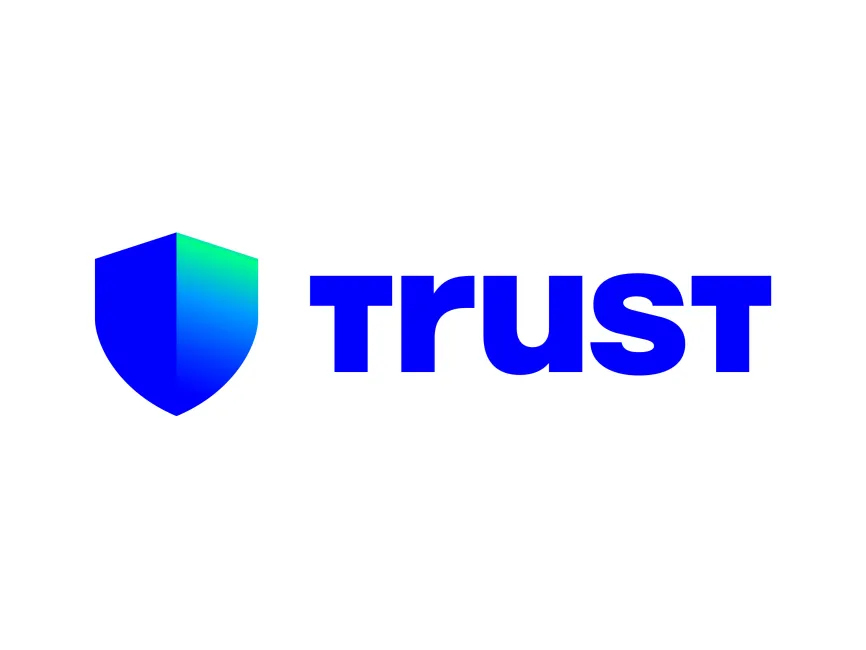Okay, so check this out—when I first heard about buying crypto directly with a card through Trust Wallet, I was kinda skeptical. Like, really? Is it that simple? My gut said, “Hmm… that sounds too good to be true.” But then, I decided to give it a whirl. Wow! It actually works pretty seamlessly, and it’s a breath of fresh air compared to the old-school ways of crypto purchases.
Now, I won’t pretend this process is flawless—there are quirks here and there—but the convenience of going from zero to crypto-holding in just a few taps is something I didn’t expect. I mean, back in the day, you had to jump through hoops—bank verifications, multiple app downloads, separate exchanges, and a laundry list of confusing steps. Trust Wallet changes the narrative.
But here’s the thing. Initially, I thought using my card to buy crypto via Trust Wallet was just another gimmick. Actually, wait—let me rephrase that. I thought it’d be a bit sketchy or loaded with hidden fees. Turns out, the fees are competitive, and the interface keeps you in control without bogging you down with jargon. Sure, it’s not perfect—there’s still some lag on transaction confirmations—but it’s getting there.
Something felt off about the whole «staking crypto» buzz initially, though. I mean, staking sounds fancy, right? Like you just lock your coins and watch the money roll in. But as with most things, the devil’s in the details. Trust Wallet makes staking accessible, but it’s not a guaranteed ticket to easy riches. You gotta understand the risks and the lock-up periods. Still, for folks wanting to dip their toes in passive crypto income, it’s pretty darn useful.
Really? You can stake right from the same app where you buy crypto with your card? Yep, and that’s the beauty here. The ecosystem is tightly integrated, which makes juggling different apps unnecessary. Honestly, this level of convenience is what’s driving more people in the US to embrace crypto rather than shy away.

How Buying Crypto with Card on Trust Wallet Works
So here’s the rundown. You start by downloading the app—if you haven’t already, you can get the trust wallet download from the official source, which I recommend to avoid shady copies out there.
Once you’re set up, adding your debit or credit card info is straightforward. The app supports Visa and Mastercard primarily, which covers most US users. Now, I won’t lie, the first time I inputted my card info, I was a bit uneasy—security-wise. But Trust Wallet uses solid encryption, and your card details don’t get stored on your device, thankfully.
Buying crypto with your card means you don’t have to wait days for bank transfers or wire processing. It’s practically instant, though sometimes a few minutes delay happens during network congestion. I guess that’s just crypto’s nature. The main coins available for instant purchase are Ethereum, Binance Coin, and a handful of popular altcoins. It’s not the entire crypto universe, but enough for most casual investors.
Here’s what bugs me about some other wallets: they make you bounce from the app to a third-party exchange to buy crypto, which feels clunky. Trust Wallet keeps you inside the app, and you get to see live rates before confirming. This feels trustworthy.
On one hand, buying crypto with cards is convenient. Though actually, it comes with slightly higher fees compared to bank transfers, which is the trade-off for speed. If you’re in a rush or just want to stake your crypto quickly, these fees might be worth it.
Staking Crypto: Passive Income or Overhyped?
Okay, staking crypto has been the buzzword for months now. I jumped in pretty early, thinking, “Easy money, here I come!” But I quickly learned that staking isn’t just “set it and forget it.” Different coins have various lock-up periods—that means you can’t just unstake whenever you want without penalties. That’s a dealbreaker for people who want flexibility.
Trust Wallet offers staking for coins like BNB and Tezos, among others, with decent annual yields. The cool part? You stake right from the wallet, no extra apps needed. But I gotta say, the rewards vary, and the underlying risks—like price volatility—can offset the gains. This part bugs me a bit because some folks might jump in expecting guaranteed profits.
Still, if you’re patient and willing to hold your crypto, staking is a relatively low-effort way to earn some extra tokens. Plus, Trust Wallet’s interface makes it easy to track your staking rewards and manage your positions. For a beginner, this is a solid introduction to crypto interest-like earnings.
Here’s a natural curiosity: how does Trust Wallet manage security for staking? Well, since it’s a non-custodial wallet, you control your private keys. That means your coins never leave your possession. On the flip side, this also means that if you lose your seed phrase, you lose everything. So, it’s a double-edged sword.
A Quick Tip from Someone Who’s Been There
When I first started, I was all over the place—buying small amounts, staking, unstaking, then freaking out about market dips. What helped me was focusing on just one or two coins and really learning their staking terms. Trust Wallet’s clean UI helped simplify that process, but the real saver was patience.
Oh, and by the way, make sure to download the official version from the official source to avoid any scams. Here’s the safest way: get the trust wallet download from their legit site. Trust me, dodging fake apps saves you a world of headache.
So yeah, I’m biased, but for people wanting to dive into crypto without the usual headaches, Trust Wallet’s card integration and staking features are worth checking out. Just keep your expectations realistic and your security tight.
Frequently Asked Questions
Can I buy any cryptocurrency with my card on Trust Wallet?
Not all cryptos are available for instant card purchases. Mainly popular ones like Ethereum, BNB, and a few others. The selection is growing, though.
Is staking on Trust Wallet safe?
Since you control your private keys, it’s as safe as your personal security habits. The wallet itself is secure, but losing your seed phrase means losing access.
Are there fees for buying crypto with a card?
Yes, card purchases typically have higher fees than bank transfers, but you get faster transactions.
